The Send-Off
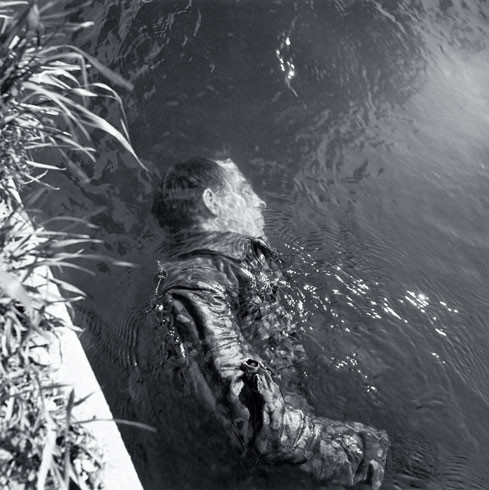
[1918]
In "Wilfred Owen. The complete poems and fragments”, a cura di Jon Stallworthy, 1983.
Musica di Gary Bachlund, cantante lirico e compositore che vive tra Los Angeles e Berlino, dalla sua “Songs of War”, sette canzoni per baritono e pianoforte (2004).
Dopo aver conosciuto gli orrori della Grande Guerra, Wilfred Owen – che era sopravvissuto all’esplosione di una granata di mortaio, che si era risvegliato tra i resti smembrati di un ufficiale suo amico, che poi era rimasto intrappolato per giorni in una trincea nemica… – trascorse qualche mese nell’ospedale Craiglockhart di Edimburgo per riprendersi dai traumi fisici e psicologici subìti. Lì Owen potè ritemprarsi, scrisse molto e fu felice di ricevere la visita di colui che egli considerava maestro ed ispiratore, il poeta Siegfried Sassoon.
Ma l’orrore non era finito.
Nel luglio del 1918 Owen tornò in servizio in... (continua)
In "Wilfred Owen. The complete poems and fragments”, a cura di Jon Stallworthy, 1983.
Musica di Gary Bachlund, cantante lirico e compositore che vive tra Los Angeles e Berlino, dalla sua “Songs of War”, sette canzoni per baritono e pianoforte (2004).
Dopo aver conosciuto gli orrori della Grande Guerra, Wilfred Owen – che era sopravvissuto all’esplosione di una granata di mortaio, che si era risvegliato tra i resti smembrati di un ufficiale suo amico, che poi era rimasto intrappolato per giorni in una trincea nemica… – trascorse qualche mese nell’ospedale Craiglockhart di Edimburgo per riprendersi dai traumi fisici e psicologici subìti. Lì Owen potè ritemprarsi, scrisse molto e fu felice di ricevere la visita di colui che egli considerava maestro ed ispiratore, il poeta Siegfried Sassoon.
Ma l’orrore non era finito.
Nel luglio del 1918 Owen tornò in servizio in... (continua)
Down the close, darkening lanes they sang their way
(continua)
(continua)
inviata da Bartleby 22/11/2011 - 14:47
Memory
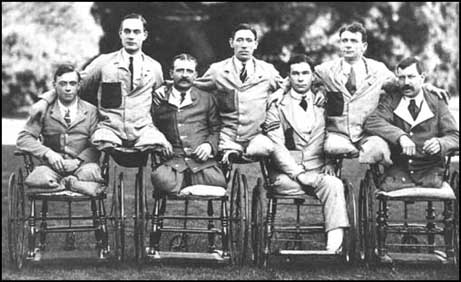
[1918]
Nella raccolta “Picture-Show” pubblicata nel 1919.
Musica di un tal DeGolier, misconosciuto musicista, risalente al 1940.
Testo trovato su The Lied, Art Song and Choral Texts Archive.
Sul finire della guerra il tenente Siegfried Sassoon, combattendo sul fronte francese, fu gravemente ferito dal solito “fuoco amico”: uno dei tanti soldatini di cui lui aveva cantato gli sparò un colpo in testa scambiandolo per un tedesco. Tuttavia non ebbe serie conseguenze, se non quella di venir promosso a capitano. Peggio andò al suo amico ed ammiratore Wilfred Owen, che Sassoon aveva conosciuto di persona a Craiglockhart mentre Owen era lì ricoverato per i postumi di un trauma da esplosione: fu ucciso nei pressi di Joncourt, in Piccardia, solo una settimana prima della fine della guerra…
Nella raccolta “Picture-Show” pubblicata nel 1919.
Musica di un tal DeGolier, misconosciuto musicista, risalente al 1940.
Testo trovato su The Lied, Art Song and Choral Texts Archive.
“… Ma ora il mio cuore è triste
… e sono ricco di tutto ciò che ho perduto…”
… e sono ricco di tutto ciò che ho perduto…”
Sul finire della guerra il tenente Siegfried Sassoon, combattendo sul fronte francese, fu gravemente ferito dal solito “fuoco amico”: uno dei tanti soldatini di cui lui aveva cantato gli sparò un colpo in testa scambiandolo per un tedesco. Tuttavia non ebbe serie conseguenze, se non quella di venir promosso a capitano. Peggio andò al suo amico ed ammiratore Wilfred Owen, che Sassoon aveva conosciuto di persona a Craiglockhart mentre Owen era lì ricoverato per i postumi di un trauma da esplosione: fu ucciso nei pressi di Joncourt, in Piccardia, solo una settimana prima della fine della guerra…
When I was young my heart and head were light,
(continua)
(continua)
inviata da Bartleby 22/11/2011 - 12:04
Man Of Iron

"Man of Iron", scritta da Don Fraser, fu interpretata da Sandy Denny appositamente per la colonna sonora del film "Pass of Arms" del 1972, diretto da Peter Elford.
In quella soundtrack anche "Here in Silence" - ancora Sandy Denny - e questa poesia del 1917 scritta da Wilfred Owen e recitata da Christopher Logue:
STRANGE MEETING
It seemed that out of battle I escaped
Down some profound dull tunnel, long since scooped
Through granites which titanic wars had groined.
Yet also there encumbered sleepers groaned,
Too fast in thought or death to be bestirred.
Then, as I probed them, one sprang up, and stared
With piteous recognition in fixed eyes,
Lifting distressful hands, as if to bless.
And by his smile, I knew that sullen hall, -
By his dead smile I knew we stood in Hell.
With a thousand pains that vision's face was grained;
Yet no blood reached there from the upper ground,
And... (continua)
In quella soundtrack anche "Here in Silence" - ancora Sandy Denny - e questa poesia del 1917 scritta da Wilfred Owen e recitata da Christopher Logue:
STRANGE MEETING
It seemed that out of battle I escaped
Down some profound dull tunnel, long since scooped
Through granites which titanic wars had groined.
Yet also there encumbered sleepers groaned,
Too fast in thought or death to be bestirred.
Then, as I probed them, one sprang up, and stared
With piteous recognition in fixed eyes,
Lifting distressful hands, as if to bless.
And by his smile, I knew that sullen hall, -
By his dead smile I knew we stood in Hell.
With a thousand pains that vision's face was grained;
Yet no blood reached there from the upper ground,
And... (continua)
Bartleby 20/4/2011 - 07:43
The Last Laugh
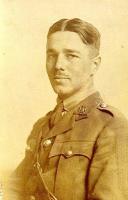
[1918]
Musica di Jason Rico, giovane compositore e musicista americano, da “War”, ciclo di canzoni per tenore e pianoforte.
Musica di Jason Rico, giovane compositore e musicista americano, da “War”, ciclo di canzoni per tenore e pianoforte.
'Oh! Jesus Christ! I'm hit,' he said; and died.
(continua)
(continua)
inviata da Bartleby 3/1/2011 - 10:06
Percorsi:
La Grande Guerra (1914-1918)
Strange Meeting
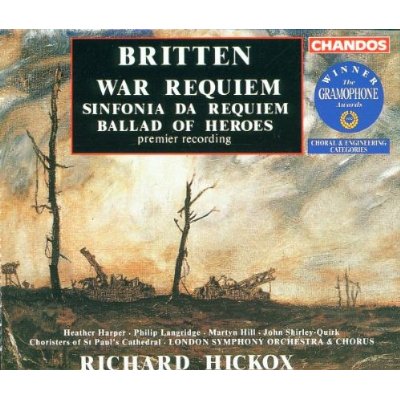
[1918]
Lyrics by Wilfred Owen
Music by Benjamin Britten
[1962 in "War Requiem"]
"Strange Meeting" is a poem by Wilfred Owen which deals with the atrocities of World War I. It was written sometime in 1918 and it was published in 1919 after Owen's death. The poem is narrated by a soldier who goes to the underworld to escape the hell of the battlefield and meets there, the enemy soldier he killed the day before. This poem has been called as one of Owen's "most haunting and complex war poems".
Lyrics by Wilfred Owen
Music by Benjamin Britten
[1962 in "War Requiem"]
"Strange Meeting" is a poem by Wilfred Owen which deals with the atrocities of World War I. It was written sometime in 1918 and it was published in 1919 after Owen's death. The poem is narrated by a soldier who goes to the underworld to escape the hell of the battlefield and meets there, the enemy soldier he killed the day before. This poem has been called as one of Owen's "most haunting and complex war poems".
It seemed that out of battle I escaped
(continua)
(continua)
inviata da giorgio 31/12/2010 - 09:53
Percorsi:
La Grande Guerra (1914-1918)
Anthem for Doomed Youth
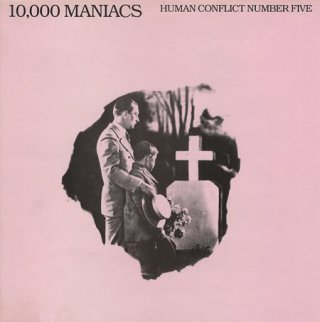
[1917]
Da “Human Conflict Number Five” (1981), EP di debutto della band all’epoca capitanata da Natalie Merchant.
Testo di Wilfred Owen
Musica di John Lombardo.
Il testo è quello di una celebre poesia di Wilfred Owen, soldato e poeta britannico morto di "fuoco amico" nel 1918, alla fine della prima guerra mondiale.
Owen scrisse "Anthem for Doomed Youth" nel 1917 mentre si trovava presso il Craiglockhart War Hospital di Edimburgo, ricoverato per le conseguenze di un'esplosione da cui era stato investito in battaglia.
Da “Human Conflict Number Five” (1981), EP di debutto della band all’epoca capitanata da Natalie Merchant.
Testo di Wilfred Owen
Musica di John Lombardo.
Il testo è quello di una celebre poesia di Wilfred Owen, soldato e poeta britannico morto di "fuoco amico" nel 1918, alla fine della prima guerra mondiale.
Owen scrisse "Anthem for Doomed Youth" nel 1917 mentre si trovava presso il Craiglockhart War Hospital di Edimburgo, ricoverato per le conseguenze di un'esplosione da cui era stato investito in battaglia.
For whom do the bells toll when sentenced to die?
(continua)
(continua)
inviata da Bartleby 16/12/2010 - 14:19
War Requiem
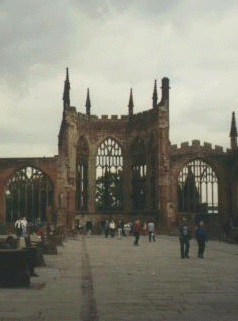
[1962]
The War Requiem was written for the reconsecration of Coventry Cathedral (the old cathedral is pictured at left), and was first performed there 30 May 1962. Coventry Cathedral had been destroyed during the Battle of Britain in World War II. Britten was commissioned to write a piece for the ceremony marking the completion of a new cathedral, designed by Basil Spence, built along side the the ruins of the original millenium-old structure. Since the work was to be performed inside the new cathedral, it was a good acoustic challenge for Britten. The ceremony was comprised of several works, including Tippett's opera King Priam.
The War Requiem was not meant to be a pro-British piece or a glorification of British soldiers, but a public statement of Britten's anti-war convictions. It was a denunciation of the wickedness of war, not of other men. The fact that Britten wrote the piece for... (continua)
The War Requiem was written for the reconsecration of Coventry Cathedral (the old cathedral is pictured at left), and was first performed there 30 May 1962. Coventry Cathedral had been destroyed during the Battle of Britain in World War II. Britten was commissioned to write a piece for the ceremony marking the completion of a new cathedral, designed by Basil Spence, built along side the the ruins of the original millenium-old structure. Since the work was to be performed inside the new cathedral, it was a good acoustic challenge for Britten. The ceremony was comprised of several works, including Tippett's opera King Priam.
The War Requiem was not meant to be a pro-British piece or a glorification of British soldiers, but a public statement of Britten's anti-war convictions. It was a denunciation of the wickedness of war, not of other men. The fact that Britten wrote the piece for... (continua)
WAR REQUIEM
(continua)
(continua)
inviata da Riccardo Venturi 4/1/2006 - 01:30
Percorsi:
Musica classica contro la guerra
×
![]()

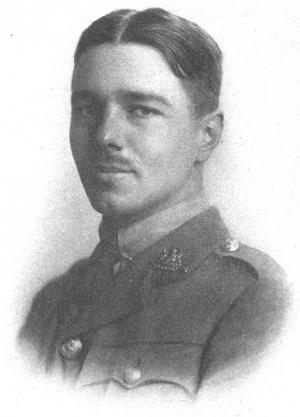
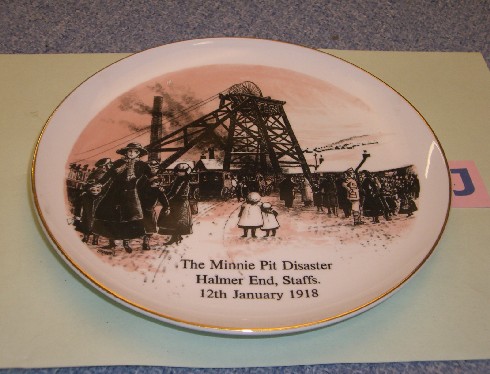
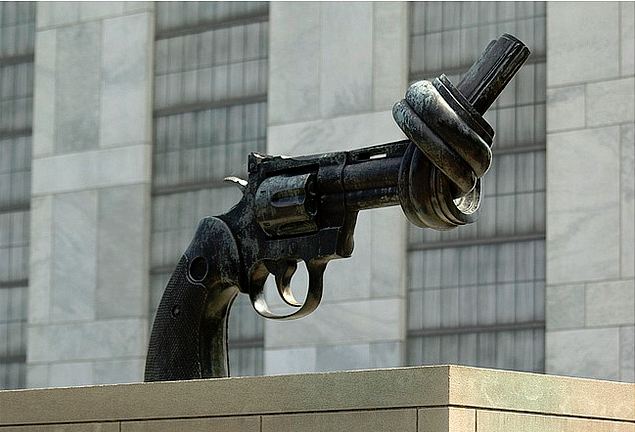
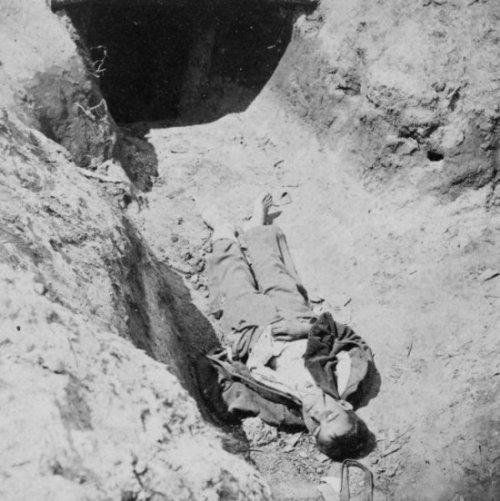
Nella raccolta “Poems”.
Musica del compositore e pianista britannico Algernon Ashton (1859-1937).
Abbiamo già incontrato questo titolo e la poetica di Owen (Dulce Et Decorum Est Pro Patria Mori, canzone inedita di Regina Spektor). Questo è il testo della poesia originale, una delle più belle contenute in “Poems”, raccolta pubblicata nel 1920 con la prefazione di Siegfried Sassoon dopo la morte di Owen, caduto nella battaglia del fiume Sambre, al confine tra Francia e Belgio, il 4 novembre del 1918, a una settimana dalla fine della Grande Guerra. Destino beffardo: lui che contro la guerra, pur senza sottrarsi ad essa, aveva cantato, venne pianto dalla madre nel momento stesso in cui tutte le campane suonavano per annunciare l’armistizio e la fine dell’orrendo macello…
Owen scrisse le poesie contenute in “Poems” tra il 1917, mentre si trovava ricoverato nell’ospedale di Craiglockhart... (continua)